At SEED we are expanding our focus on regional capacity building by establishing collaboration centres that fortify partnerships and strengthen the presence and local ownership of SEED programmes in key areas around the globe.

SEED Ghana Hub
Accompanying Ghana’s continuous economic growth in recent years, the country has committed itself to efforts in climate change mitigation, tackling environmental issues, and moving towards a green economy. This is reflected in the Ghana National Climate Change Policy from 2013 as well as the Shared Growth and Development Agenda and National Medium-Term Development Policy Framework (2018-2021). In its NDCs, Ghana defines i.a. energy, agriculture, and waste as priority sectors.
To assist the country in these efforts, SEED is working in Ghana since 2016 and has developed the SEED Ghana Hub in 2018. SEED Ghana Hub has positioned itself as an active and trusted partner for the flourishing eco-inclusive entrepreneurship community in Ghana by actively supporting enterprises in sectors such as circular economy/waste management, sustainable energy, climate smart agriculture, and WASH. Beyond incubating and accelerating enterprise growth directly, SEED Ghana Hub has put great emphasis on strengthening the wider entrepreneurship ecosystem through training local business development support providers as well as driving the development of innovative financial instruments and policy solutions through its Practitioner Labs for Climate Finance and Policy Prototyping. SEED Ghana Hub is hosted by Regina Hammond from AFRIK EVEIL.
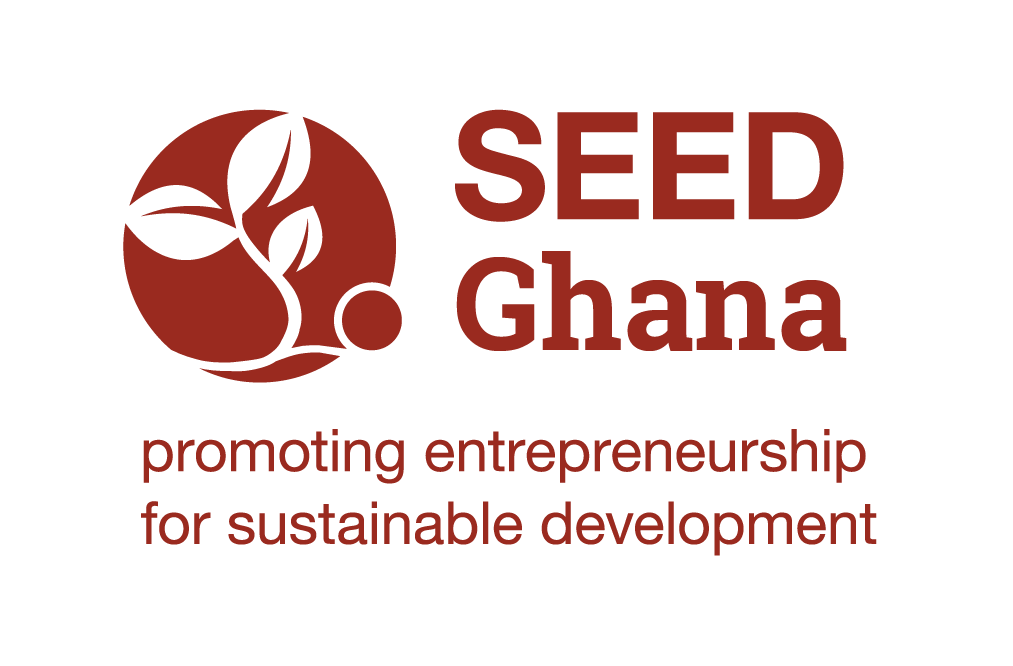

Hub Coordinator
Regina Hammond
regina.hammond@seed.uno
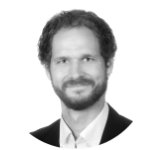

SEED India Hub
The government of India is implementing the National Action Plan on Climate Change (NAPCC) with a focus on promoting understanding of climate change consistent with the national priority for achieving sustainable development. In this regard, the Union Environment Ministry of India submitted its Intended Nationally Determined Contributions (INDCs) to the UNFCCC, committing to cut the emissions intensity of GDP by 33-35 per cent by 2030 from 2005 levels. The INDCs lay out the blueprint for tackling climate change, through eight key goals — sustainable lifestyles, cleaner economic development, reducing emission intensity of GDP, increasing the share of non-fossil fuel based electricity, enhancing carbon sink, adaptation and mobilising finance, technology transfer and capacity building.
Since 2015, the government of India has taken many initiatives towards strengthening the entrepreneurial and innovation ecosystem in the country, the most important of which are Startup India, Skill India and Make in India. SEED has been supporting India’s transition to low-carbon and green economy since 2013. To accelerate this transition, the SEED India hub was inaugurated in 2020. Since the inception, the hub implemented various enterprise support programmes and ecosystem development programmes and collaborated with key actors in the sustainable entrepreneurship sector to strengthen the ecosystem for eco-inclusive enterprises. The SEED India Hub is hosted by Ekonnect Knowledge Foundation (Ekonnect).
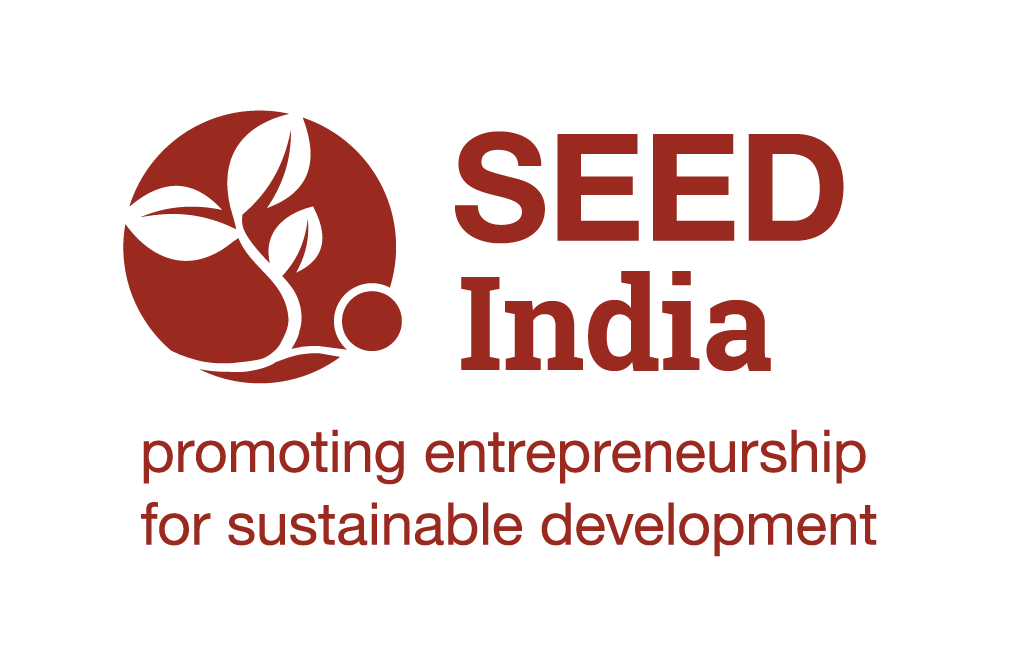
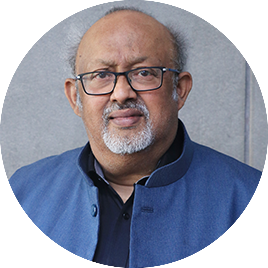


SEED Indonesia Hub
The Indonesian government launched the Low Carbon Development Initiative (LCDI) mainstreaming low-carbon development and poverty alleviation into Medium-Term National Development Plan (RPJMN) 2020-2024 to transform its economy while while maintaining economic growth. In this context, the SEED Indonesia Hub supports since 2018 the uptake of eco-inclusive enterprise models that support the transformation in key LCDI sectors such as waste, agriculture, energy and forestry. The SEED Indonesia Hub was driving the development of innovative finance instruments in decentralised mini-grid financing as well as blockchain-based conservation finance for the rich Indonesian natural assets. At the policy level the hub is jointly with local partners advocating to link better public procurement processes with sustainable SMEs in order to strengthen local green markets. The SEED Indonesia Hub is hosted by Instellar.
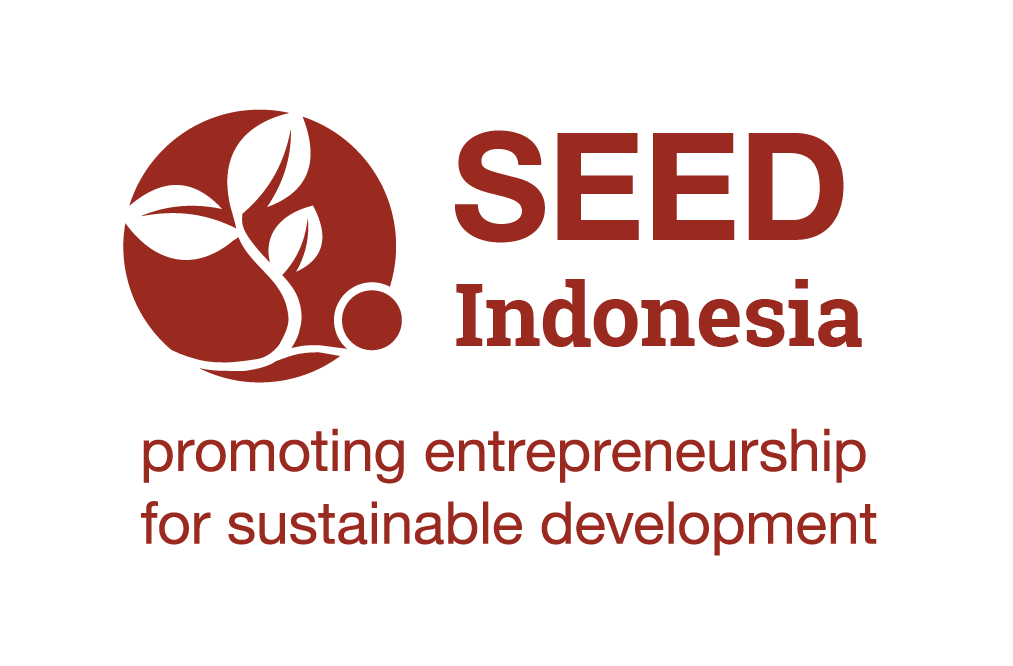
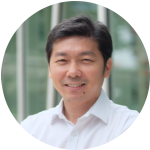


SEED Malawi Hub
Malawi is one of the world’s most vulnerable countries to climate change. Climate change leads to increasing temperatures, changing precipitation patterns and more frequent extreme weather events like Cyclone Idai and Kenneth in 2019. With its National Adaptation Plan (NAP), the Government of Malawi seeks to reduce vulnerability to the impacts of climate change by building adaptive capacity and resilience. Malawi’s recently launched Vision 2063 seeks to strengthen a dynamic private sector and environmental sustainability.
Supported by the Government of Flanders, SEED has been successfully supporting eco-inclusive entrepreneurship in Malawi since 2014. Hundreds of SMEs have benefitted from SEED’s Incubation and Acceleration Programmes so far and in 2019, SEED hosted a National Dialogue Forum on eco-inclusive entrepreneurship in Lilongwe, bringing together 120 enterprises, financing institutions, policy makers and donors. Currently, SEED is piloting two new components in Malawi. The SEED enterprise advocacy support aims at empowering SEED-supported enterprises to advocate for their interests. The SEED TVET module aims at building the capacities of vocational training institutes in Malawi to provide business incubation services for their students and graduates.
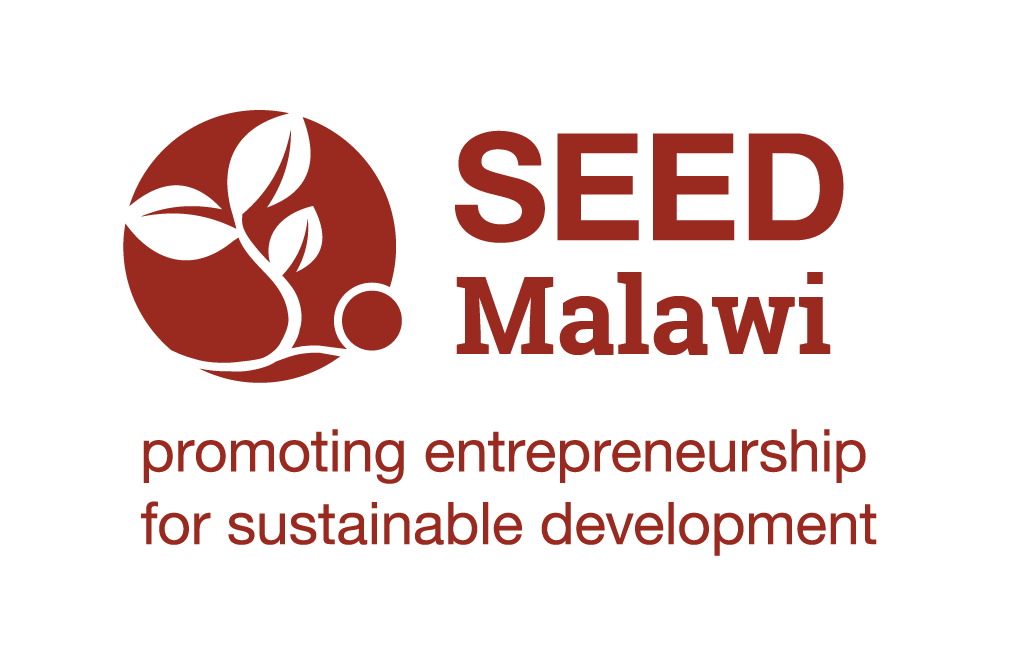
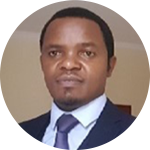
Hub Coordinator
Tione Kaonga
tione.kaonga@seed.uno

Country Liaison
Julia Rohe-Frydrych
julia.rohe@seed.uno

SEED Morocco
A changing climate in Morocco brings new challenges and opportunities for sustainable economic development, inclusion of marginalised groups, and the promotion of investments into key green economic sectors. The Moroccan Government has already taken important measures to address climate change through the National Strategy for Sustainable Development (2017-2030), with an important pillar centred on the transition to a green economy. Active in Morocco since 2013, SEED re-launched activities with the support of the Government of Flanders in 2022. SEED supports the development and promotion of eco-inclusive enterprises to create impacts such as job creation and the commercialisation of eco-innovations. SEED also supports the strengthening of the entrepreneurial ecosystem through dialogue forums and practitioner labs.

Country Liaison
Camilla Shearman
camilla.shearman@seed.uno

SEED Thailand Hub
Thailand’s green growth development model (under “Sufficiency Economy Philosophy”) and the 12th National Economic and Social Development Plan (NESDP) 2017-2021 sets priorities around green jobs creation, green businesses and sustainable finance, to combat the severe environmental challenges faced by the country. Against this, the SEED Thailand Hub supports the bottom-up support of national agendas by cultivating a community of promising eco-inclusive enterprises while incubating innovative climate finance and policy instruments in critical economic sectors such as waste, sustainable agriculture and renewable energy. Established in 2018, the SEED Thailand Hub was instrumental in the implementation of the Global SEED Symposium and the Green Recovery Ecosystem Builder Programme Southeast Asia Cohort. In order to bridge the Thai missing middle financing gap the hub facilitated in collaboration with multiple partners the Hack for Climate Finance supporting the development of fin-tech solutions in order to scale climate-smart SME actions. The SEED Thailand Hub is hosted by the adelphi research Representative office.
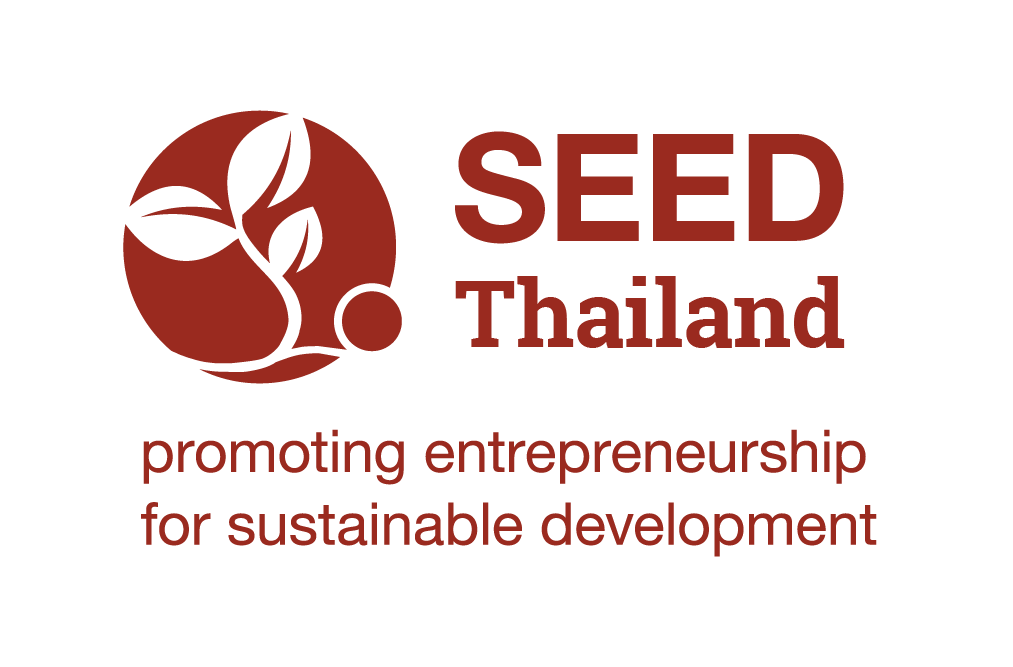

Hub Coordinator
Supapim Wannopas
supapim.wannopas@seed.uno


SEED Uganda Hub
As one of the first countries to mainstream the SDGs in its development agenda, Uganda outlines the transition to a green and inclusive economy in the Uganda Green Growth Development Strategy and Third National Development Plan 2020-2025, with a focus on investment in agriculture, natural capital management, green cities, transport, and energy. SEED has been supporting the growth of eco-inclusive MSMEs in Uganda since 2010, promoting locally-led private sector contributions to green growth and job creation. We have worked with over 100 enterprises and start-up teams, and provided toolified enterprise support training to more than 55 Business Development Support providers. The SEED Uganda Hub was established in 2019 to increase collaboration with local partners and enterprises, and to bring new innovations to our engagement. The SEED Uganda Hub is hosted by Finding XY.
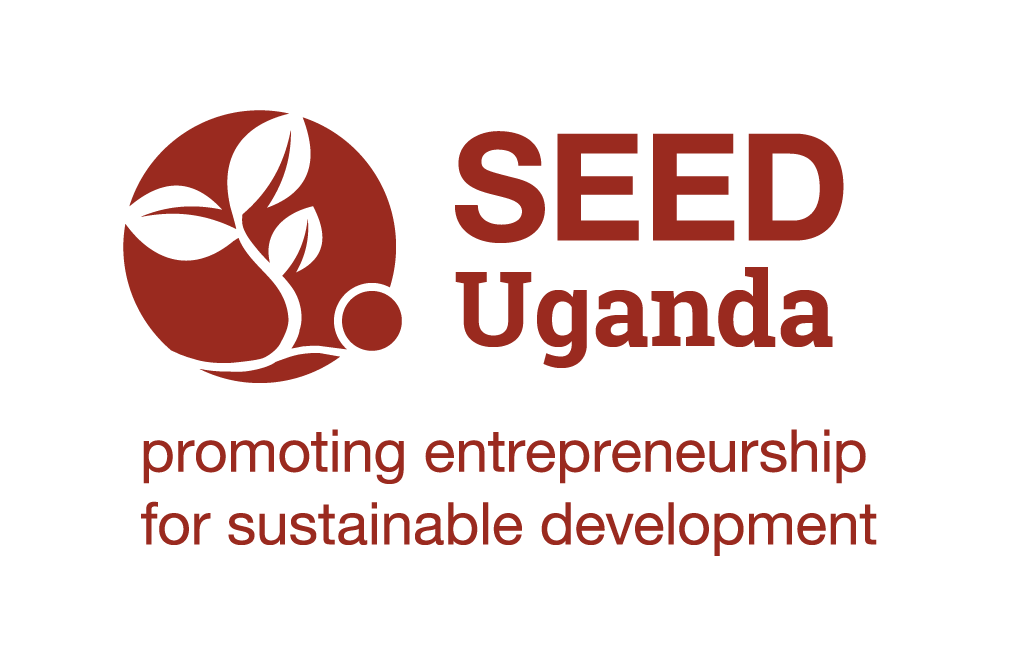

Hub Coordinator
Eddie Sembatya
eddie.sembatya@findingxy.com


SEED Botswana
The Government of Botswana initiated with its NDC a climate change adaptation strategy that encompasses all economic sectors, with a particular focus on the sectors of agriculture, water, and health. The government highlighted in its Vision 2036 four pillars, including sustainable economic development, human and social development, and sustainable environment. From 2021 onwards SEED supports Batswanan eco-inclusive enterprises active in the climate change adaptation space building their capacities, organisational resilience and impact potential contributing herewith to Botswana’s NDC. Through the support of the Government of Flanders SEED implements a three-tier support programme and accompanies business development service providers in adjusting their service portfolio towards climate adaptation enterprises.
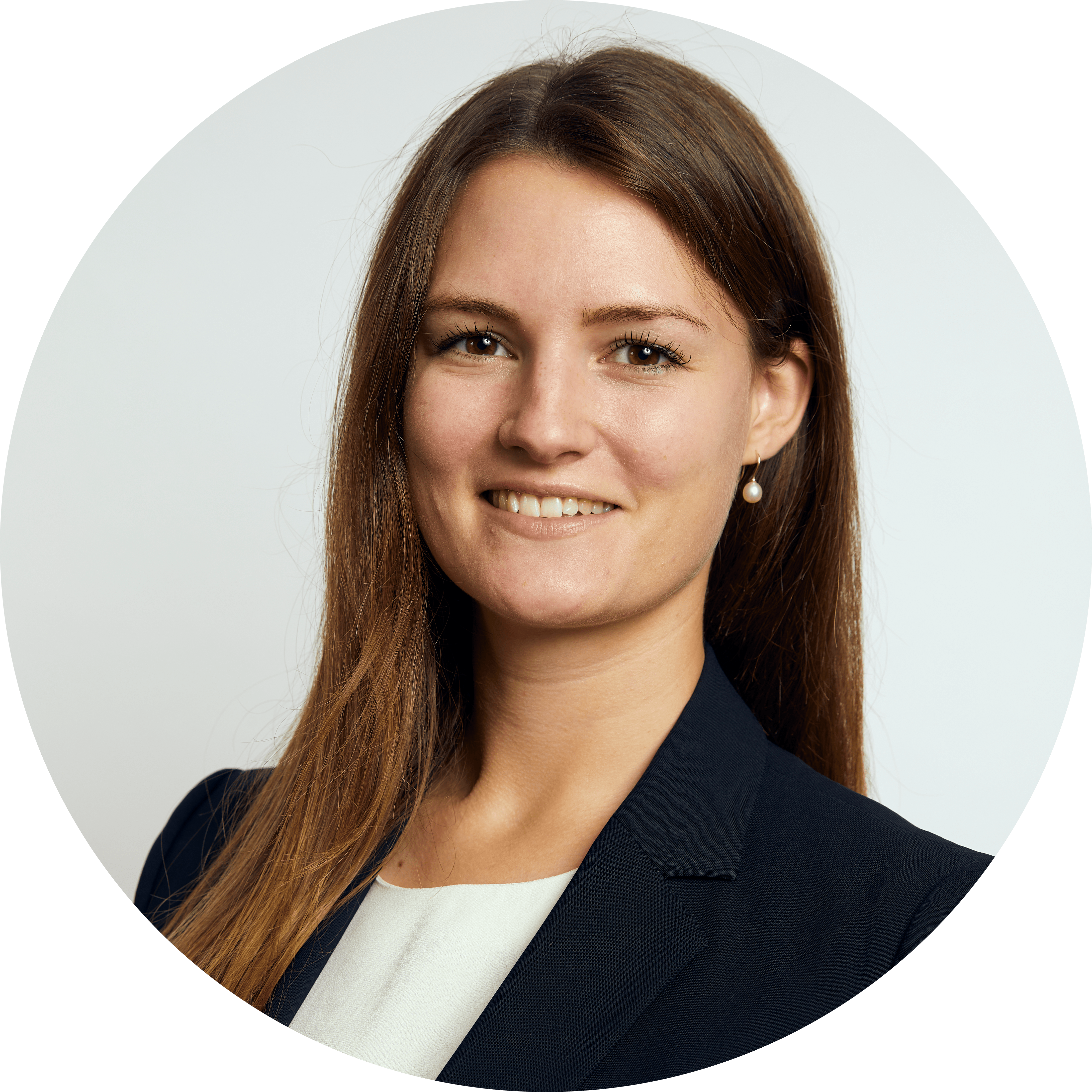

SEED South Africa
South Africa is committed to a just transition, accelerating the decarbonisation of its economy while creating decent green jobs. Eco-inclusive enterprises in South Africa promote innovative solutions to drive sustainable economic growth for a resilient and net zero South African economy and provide lasting solutions to fight inequalities and unemployment in the country.
SEED was founded in South Africa in 2002 and has worked with multiple partners including the European Commission, the Government of Flanders and the German Federal Ministry for the Environment, Nature Conservation and Nuclear Safety, creating a flourishing ecosystem of eco-inclusive enterprises, business development service providers, policy makers and ecosystem stakeholders. SEED has also established the SEED South Africa Symposium as a flagship event in the South African eco-inclusive entrepreneurship community, providing a platform for exchange and partnerships for enterprises, government representatives, financial institutions and other actors of South Africa’s entrepreneurial ecosystem.
SEED’s activities in South Africa include incubation and acceleration support, training of trainer workshops as well as Practitioner Labs for Climate Finance and Policy Prototyping.

Country Liaison
Christine Meyer
christine.meyer@seed.uno

SEED Zambia
The Zambian government remains committed to the socio-economic development through its Seventh National Development Plan (2017- 2021) and its Vision 2030 of becoming a prosperous middle-income country by 2030. Moreover, the Government prepared a National Policy on Climate Change and a costed implementation plan, as well as an NDC Implementation Plan. SEED is working in Zambia since 2018 through the support of the Government of Flanders, providing business advisory and seed capital to eco-inclusive enterprises through the SEED Catalyser and the SEED Accelerator programmes. SEED is also actively building the capacities of local business development service providers through the SEED BDS+ Training of Trainers. From 2021 onwards, SEED is awarding and supporting eco-inclusive enterprises that actively contribute to building the climate resilience of local communities.

Country Liaison
Julia Rohe-Frydrych
julia.rohe@seed.uno

